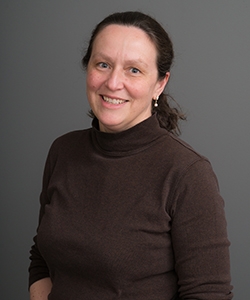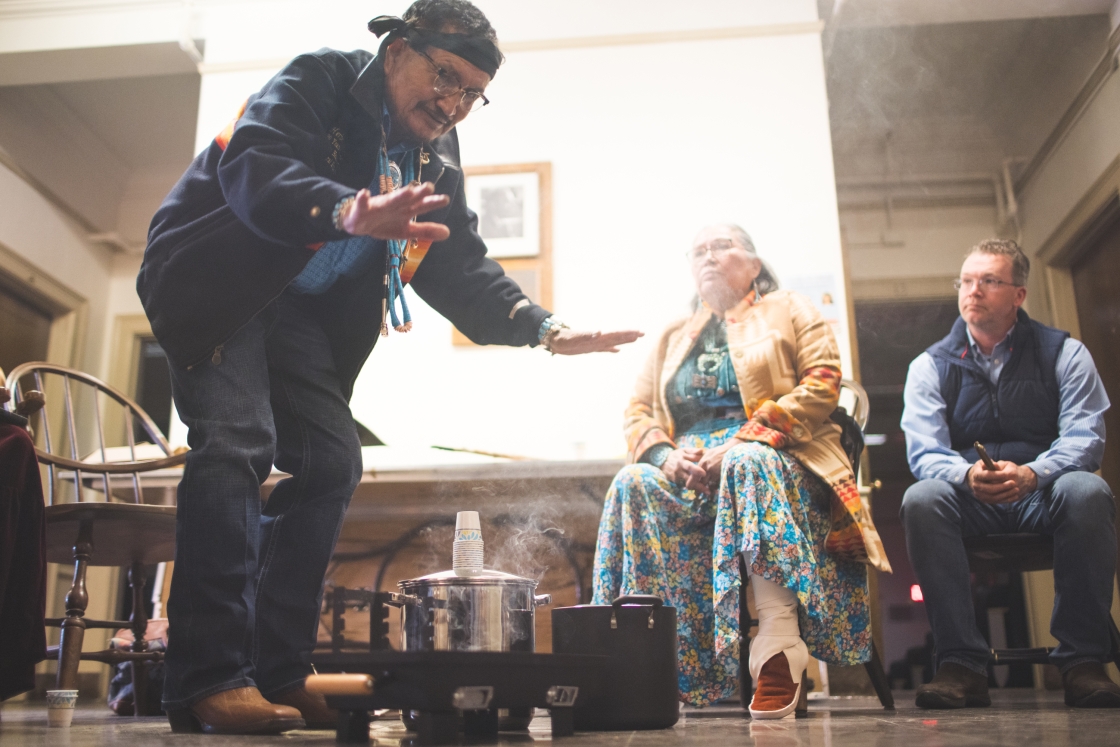
Vox Populi is Dartmouth Now’s opinion department. It includes commentary written by members of the Dartmouth community that is intended to inform and enrich public conversation. The opinions expressed in these essays are the writers’ own.

Kelly Sundberg Seaman is a writer in Dartmouth’s Office of Public Affairs.
The invitation to participate in first responder training came from Dartmouth’s Sexual Assault Awareness Program, and appeared in the daily College employee email:
How do we respond when a student discloses sexual or relationship violence? What should we say? Sometimes the answer to this question is different than what our gut tells us. This workshop will focus on providing answers to this question and helping professionals identify helpful approaches to supporting survivors. Open to all staff and faculty.
Why “all staff and faculty”? Why, in fact, me? Why, when Dartmouth has a network of professionals in place to respond to sexual assault?
Why? Because sexual assault affects all of us.
Each of us brings our whole self to work, and each of us is part of this community. We can choose to make our community stronger, and this training, for me, seemed like one way to do that. This wasn’t about gaining some official certification, or adding a qualification to my resume. Attending was a step in acknowledging that sexual assault does happen at Dartmouth, and a way of committing to being a part of making it stop.
Some of the folks gathered for the session work with students every day: academic department administrators, for example, and advisers to campus religious groups. Others have jobs a bit more like mine, people who are a little more behind the scenes. And yet I am very conscious of how many students’ stories—of their hard work, their achievements, and their aspirations—I’m lucky to hear as I do my job as a writer in the Public Affairs office.
Got something to say? Members of the Dartmouth community are invited to submit essays for possible publication on Dartmouth Now. Email essays to: dartmouth.now@dartmouth.edu.
A colleague who knew I’d attended asked me if I’d heard anything other than what you’d expect to hear. Good for you if what I'm about to explain seems like common sense.
At the heart of what I took away from first responder training is this: If someone should choose you to hear her or his story, your first role is to do just that—to hear, to listen. We’re not to judge, and not to try to fix anything. We ask what she or he needs us to do to help. That may mean doing what we can to connect an assault survivor with the resources available—and those resources are something we all can and should be familiar with.
The most powerful image to emerge from the session is that a first responder’s role is to make a clearing, an open and calm place for someone to tell their story. Before anything else: Listen.

